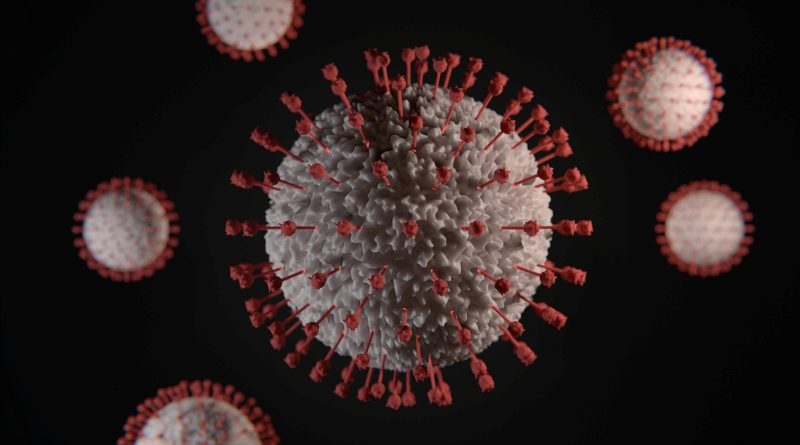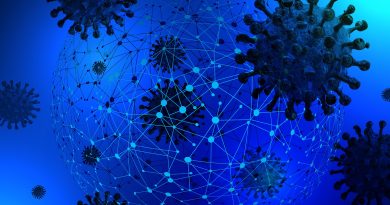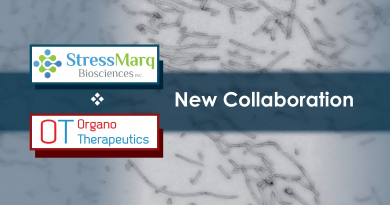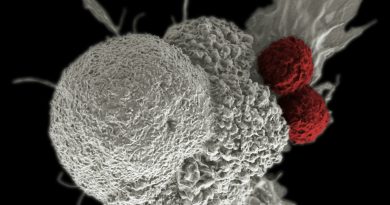Moderna begins clinical study of RNA vaccine for COVID-19 in Seattle
Moderna’s first Phase 1 new coronavirus (COVID-19) vaccine trial participant has been administered the initial dose of the RNA vaccine in Seattle.
Moderna, a US biotechnology company introducing novel messenger RNA (mRNA) therapies and vaccines, announced on March 16 that the first participant in its Phase 1 SARS-CoV-2 vaccine trial, was administered the 1st dose mRNA-1273 novel coronavirus vaccine.
The National Institutes of Health (NIH) is undertaking this Phase 1 study with its own Investigational New Drug (IND) application. The trials are being conducted at Kaiser Permanente Washington Health Research Institute in Seattle, US, announced NIH on March 16. Recruitment for healthy COVID-19 vaccine trial volunteers from the city started earlier in March.
The new RNA vaccine for COVID-19
Moderna in collaboration with investigators from the Vaccine Research Center (VRC) at the National Institute of Allergy and Infectious Diseases (NIAID) selected the mRNA-1273 vaccine against SARS-CoV-2 encoding for a prefusion stabilized form of the Spike (S) protein.
The Phase 1 study is testing the reliability and immunogenicity of three mRNA-1273 dose ranges (25, 100, 250 μg). The test involves administration of 2 vaccination doses applied 28 days apart and will enrol a minimum of 45 healthy adults. The benefits of a prophylactic mRNA vaccine include the potential to imitate existing infection in order to induce a more efficient immune response.
The Coalition for Epidemic Preparedness Innovations (CEPI) sponsored the manufacture of the first clinical study. Participants will be observed and examined for twelve months following the second vaccine.
The main aim is to assess the safety and reactogenicity of a two-dose mRNA-1273 vaccination regimen.
The secondary goal is to test the immunogenicity to the SARS-CoV-2 S protein.
Tal Zaks, M.D., Ph.D., Chief Medical Officer at Moderna said:
“This study is the first step in the clinical development of an mRNA vaccine against SARS-CoV-2, and we expect it to provide important information about safety and immunogenicity. We are actively preparing for a potential Phase 2 study under our own IND.”
“We are grateful to NIH for their ongoing collaboration and to CEPI for funding the initial manufacturing of mRNA-1273 and are proud to be included with the many companies, worldwide health agencies and NGOs working on a possible response to the novel coronavirus outbreak.”
On 11 January this year, the Chinese authorities released the novel coronavirus genetic code. On 13 January, the sequence for the SARS-CoV-2 vaccine was completed by VRC ‘s and Moderna’s infectious disease research team. Following this Moderna has started preparing for clinical manufacture.
The first therapeutic batch was completed on 7 February 2020, and analytical checks were carried out. It was shipped from Moderna’s manufacturing facilities on 24 February 2020 and transported to NIH within 42 days of sequence collection.
Further development of the mRNA-1273 coronavirus vaccine
Massachusetts-based Moderna is currently planning, under its own IND, for a prospective Phase 2 trial to develop data upon results from the NIH’s current Phase 1 research.
Moderna plans to work with the FDA and other government and non-governmental organizations, in order to continue developing this new coronavirus vaccine throughout the current global pandemic.
The clinical-stage biotech company is also preparing for all future studies which are likely to include a greater number of subjects and aim to create additional evidence on efficacy and immunogenicity. Manufacturing of the mRNA-1273 material for the upcoming Phase 2 study, which may begin in a few months is already underway.
Moderna continues preparation for the rapid expansion of its manufacturing capacity which could enable millions of doses to be produced in the future should mRNA-1273 prove safe and effective against the deadly virus SARS-CoV-2.
Moderna is also developing treatments and vaccines for infectious diseases, immuno-oncology, genetic diseases and cardiovascular diseases, on its own as well as in collaboration with international partners.
More about Moderna’s Prophylactic Vaccines Core Modality
Moderna’s scientists have created the company’s patented method of prophylactic vaccines to try and eliminate infectious diseases.
More than 1,400 volunteers have registered to participate in clinical trials for Moderna’s infectious disease vaccine under health organisations across the US, Europe and Australia.
On the basis of clinical experience gained in six Phase 1 trials the American biotech company has established prophylactic vaccines as a key concept and plans to speed up the development of its vaccines candidates for infectious diseases.
Moderna has presented positive Phase 1 data readouts for six prophylactic vaccines to date (H10N8, H7N9, RSV, chikungunya virus, hMPV/PIV3 and CMV). Moderna’s CMV vaccine is currently in a Phase 2 dose-confirmation study, whilst the investigational Zika vaccine (mRNA-1893), currently in a Phase 1 study, was granted FDA Fast Track designation.
Possible advantages of a prophylactic mRNA vaccine strategy include the potential to mimic existing infection in order to induce a more efficient immune response. Moderna has established a completely integrated manufacturing plant in Norwood, Massachusetts which makes the development platform pledge real.




